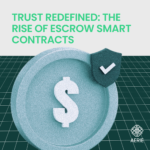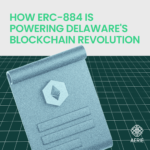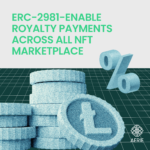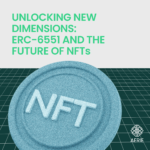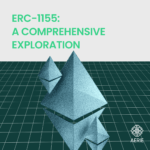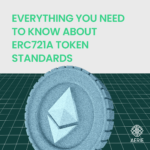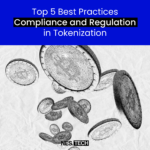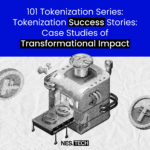What is Decentralization in Web3?
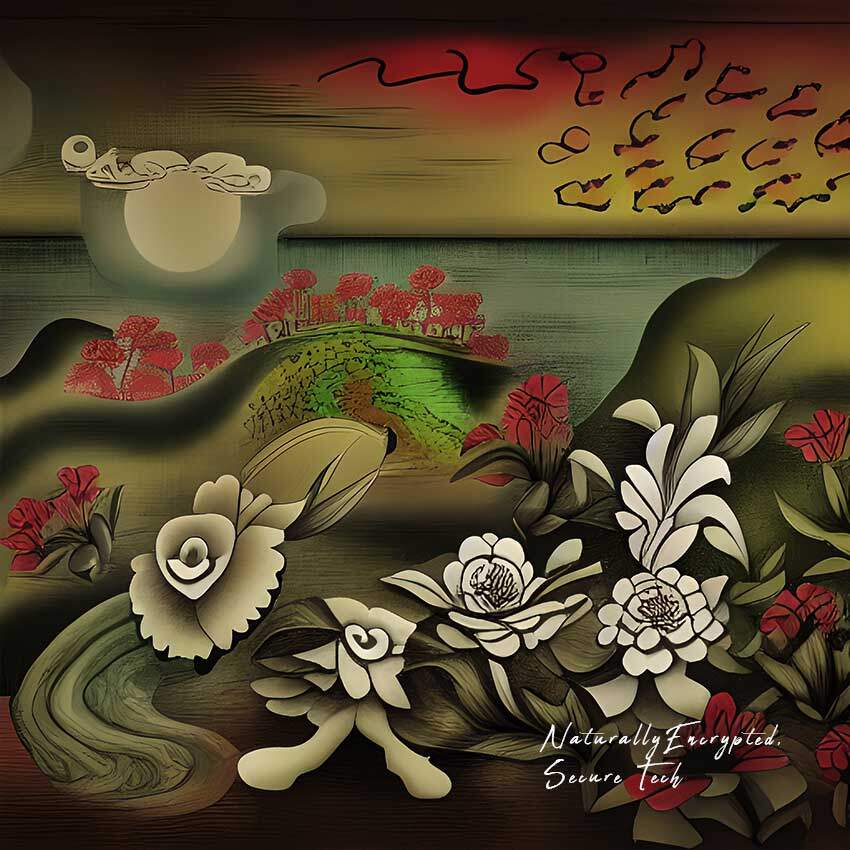
You won’t believe the crazy journey the internet’s been on. It’s revolutionized how we talk, get info, and interact with digital platforms. Lately, Web 3 and the whole decentralization thing have been getting lots of love. As Web 2.0 hits its limits, it’s clear that we need an internet that’s more about openness, transparency, and putting users first.
So, in this article, we’re gonna explore the concept of Web 3.0. We’re diving deep into how decentralization flips the script on data ownership, censorship resistance, and governance in the digital realm.
What is Web 3.0?
Web 2.0, as we all know, is about those mega corporations calling the shots and running the show. Your bank, the social media platforms that we use… all those. Lately, folks around the world have started becoming more aware and concerned about data privacy, censorship, and lack of user control.
Web 3 is the rebel of the internet that aims to create a whole new ecosystem that’s decentralized. Here, you and I have greater ownership and control over our data, identity, and digital assets. See, at its core, Web 3 is the next level, the third generation of the internet. It envisions turning the tables, going from big centralized servers to peer-to-peer networks, empowering users, and fostering a more inclusive and transparent online environment. Web 3 aims to shift from the current centralized model towards a more decentralized and user-controlled paradigm.
What is decentralization?
Decentralization is about spreading power, control, and decision-making across a network of participants instead of relying on one single central authority or intermediary. It involves removing or minimizing the role of middlemen, reducing censorship, enhancing transparency, and enabling peer-to-peer interactions.
Traditionally, centralized systems are governed by a single authority or entity that controls and manages the system’s operations. But decentralization transforms that, distributing power and authority across a whole network of participants, cutting out unnecessary intermediaries, and enabling greater autonomy and transparency.
Now, let’s take a look at a classic Web 2.0 example, those social media giants like Facebook and Twitter. In these platforms, users create and share content within a closed ecosystem controlled by a single entity. Sure, they’ve rocked the communication world and connected us all, but let’s be real, they come with their fair share of problems.
Problems with centralized systems
Alright, let’s dive deeper into social media platforms since we’re already talking about them. They’re a prime example of what’s going down.
First up, users have zero control over their data. Those centralized social media platforms? They have serious control over our data. When we register for or use their platforms, we hand over personal info, grant permissions, and boom — they store it all. All our pictures, videos, what we eat, what we do, what we think about, where we are… did you know they analyze them and make money off us? They can manipulate the data too (if they want). This accumulation of personal data raises concerns about privacy and security as it leads to targeted ads, breaches, and all sorts of unauthorized access.
You might wanna look into the Facebook–Cambridge Analytica data scandal. Not cool.
Next, let’s talk about censorship. Centralized platforms can be real sticklers about what you can and can’t say. They’ve got the power to moderate and censor your content. While it’s true that we need some boundaries to keep things in check, it gets sketchy when they start playing favorites or shutting down voices they don’t like. Your freedom of expression takes a hit, and we’re talking potential censorship.
Remember that epic Amber Heard and Johnny Depp trial that went down last year? Yeah, it was wild! It’s also a prime example of how those YouTubers had their videos taken down for speaking their minds.
And here’s the kicker — terms and conditions can change without your consent. Centralized platforms can change their terms of service, algorithms, or policies whenever they feel like it. You’re left in the dark, with little to no control over these things. This lack of transparency and user agency is frustrating, and we feel powerless since our digital experiences are subject to the decisions and whims of centralized authorities.
These are some of the reasons why people are talking about decentralization and this whole Web 3 movement. Decentralization aims to distribute power, control, and decision-making across a network of participants, instead of bowing down to a single authority. It’s time for a transparent, inclusive, and user-centric internet ecosystem.
How Decentralization Reshapes Data Ownership, Censorship Resistance, and Governance
Let’s talk about how decentralization is totally turning over a new leaf on data ownership, censorship resistance, and governance.
Data ownership and control. Decentralization addresses the problems with centralized systems by offering greater data ownership and control. Instead of relying on centralized servers, your data can chill on distributed ledgers like blockchains, making sure that you have sovereignty over your own information. This shift empowers you to decide how your info is used or shared. And you can even make money off your own data if you want to!
Censorship resistance. See, when you ditch that single governing entity and spread the decision-making around, you create a space where selective enforcement and arbitrary content removal are a thing of the past. It promotes a more diverse and inclusive digital space where different perspectives can thrive.
Transparent governance. Additionally, decentralization brings in more transparent governance models. Instead of opaque (or shady) decision-making processes that don’t serve your interest, decentralized systems are community-driven. Participants have a say in shaping the rules, policies, and future development of the system. It’s all out in the open, increasing trust and accountability among everyone involved.
So, there you have it, the power of decentralization in a nutshell. It’s about owning your data, standing up against censorship, and creating a transparent digital world. As we reflect on the incredible journey of the internet, it’s clear that it has transformed the way we humans connect and operate.
Now, we’re standing at the edge of a whole new era, where the internet evolves into a decentralized landscape that champions user empowerment, privacy, and inclusivity. Embracing decentralization today means shaping a future where the internet truly serves the interests and needs of its users.
So let us step forward into this exciting future. Together, we can create an internet that is truly by the people, for the people.

